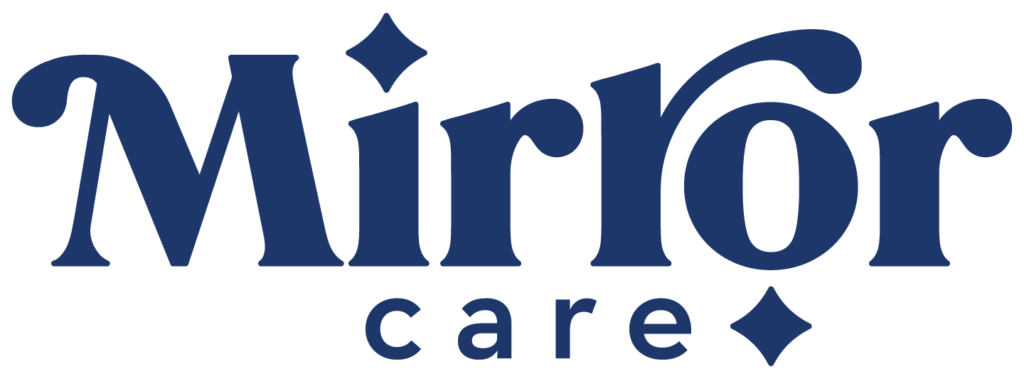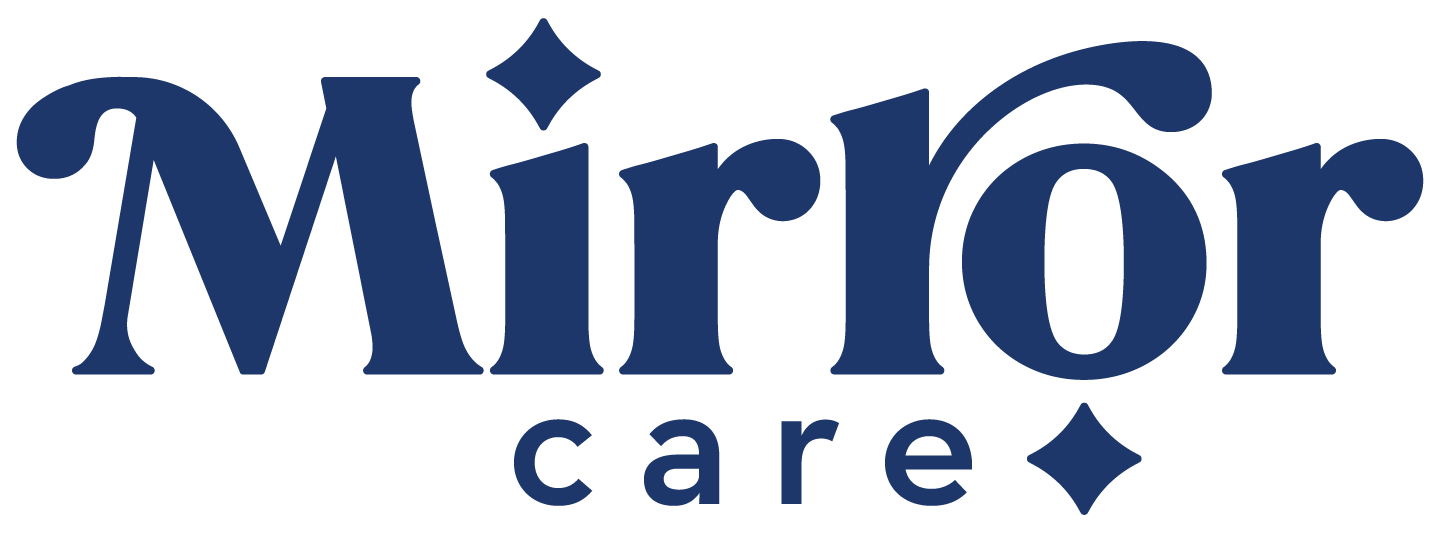Welcome to part 4 of our Hormone Series. If you missed part 1 on Estrogen and Progesterone, part 2 on Testosterone, or part 3 on DHEA, we highly encourage you to read them!
Did you know that your thyroid hormone affects nearly every organ system in your body? This includes your heart, central nervous system, autonomic nervous system (controls unconscious processes, like the beating of your heart), bone, gastrointestinal (GI) system, and metabolism. Thyroid hormones also affect fertility, ovulation, and menstruation in women.
What is your thyroid?
Your thyroid is a small gland that is shaped like a butterfly. It is found at the base of the front of your neck, just below the Adam’s apple (laryngeal prominence), along the front of the windpipe. Hormones produced by the thyroid gland — triiodothyronine (T3) and thyroxine (T4) — have a huge impact on your health and affect all aspects of your metabolism.
What is hypothyroidism?
Hypothyroidism, or underactive thyroid, is a condition in which the thyroid gland doesn’t produce enough of the T3 or T4 hormones. Over time this condition can lead to significant health problems, such as joint pain, obesity, heart disease, and even infertility.
Low thyroid symptoms (hypothyroidism) may include:
- Fatigue
- Weight gain
- Elevated blood cholesterol level
- Slowed heart rate
- Increased sensitivity to cold
- Thinning hair / dry skin
- Constipation
- Enlarged thyroid gland (goiter) / hoarseness
- Muscle weakness or stiffness
- Joint pain, stiffness, or swelling
- Irregular or heavier than normal menstruation
- Impaired memory / depression
Benefits of thyroid hormones
Thyroid hormones influence the control of vital functions, such as body temperature, heart rate, and much more:
Heart: thyroid hormones increase heart rate, stroke volume (amount of blood pumped out of the heart’s left ventricle), and cardiac output.
Lungs: thyroid hormones stimulate the respiratory centers and lead to increased oxygenation.
Metabolism: thyroid hormones increases the basal metabolic rate (pace at which the body uses energy while at rest). It activates the genes for increasing metabolism, which increases oxygen, respiration rate, and energy levels. Thyroid hormones also stimulate the metabolism of carbohydrates and the building of proteins.
Skeletal muscles: thyroid hormones cause the increased development of certain muscle fibers, which are capable of powerful and fast muscle contractions.
Growth during childhood: thyroid hormones act together with growth hormones to stimulate bone growth in children. This hormone also helps form myelin sheath (material that surrounds nerve cell axons) to help the brain mature.
It is important to note that thyroid stimulating hormone (TSH) is produced in the pituitary gland. The brain measures the amount of thyroid hormone circulating. If it is low, the brain produces TSH to stimulate the thyroid gland to make T4.
Curious about your thyroid health?
As with other hormones, you should speak with a trusted and experienced healthcare provider about any questions. Mirror Care offers highly-trained and experienced physicians who can help you determine if thyroid hormone replacement therapy may be right for you. Click here to set up your free, no-obligation consultation today!
How Can We Help?
Legal and Privacy
Quick Contacts
- (630) 884-4449
- Questions@mirror.care
-
Mirror Care Pharmacy 17W535 Butterfield Rd Suite 001
Oakbrook Terrace, IL 60181
Receive Updates from Mirror Care
- Copyright 2026 Self Therapeutics, LLC


Leave a Reply